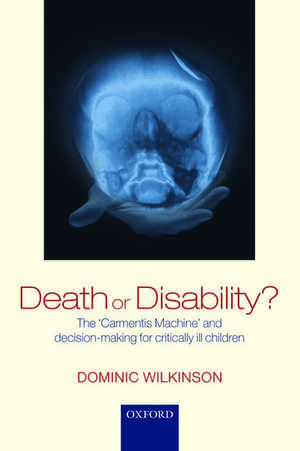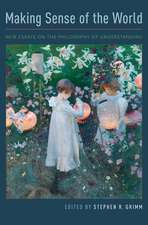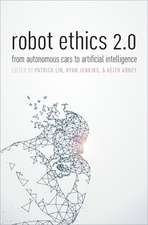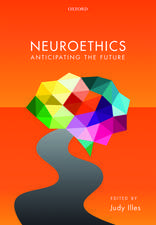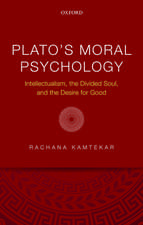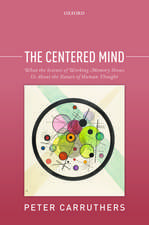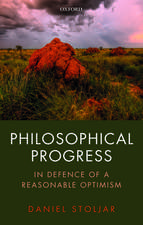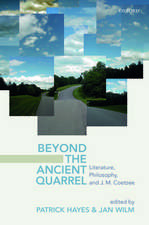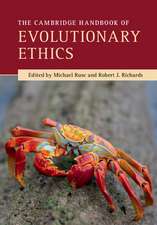Death or Disability?: The 'Carmentis Machine' and decision-making for critically ill children
Autor Dominic Wilkinsonen Limba Engleză Paperback – 6 apr 2017
| Toate formatele și edițiile | Preț | Express |
|---|---|---|
| Paperback (1) | 258.92 lei 44-50 zile | |
| OUP OXFORD – 6 apr 2017 | 258.92 lei 44-50 zile | |
| Hardback (1) | 717.25 lei 44-50 zile | |
| OUP OXFORD – 24 ian 2013 | 717.25 lei 44-50 zile |
Preț: 258.92 lei
Preț vechi: 340.25 lei
-24%
45.76€ • 53.84$ • 39.95£
Carte tipărită la comandă
Livrare economică 09-15 aprilie
Specificații
ISBN-10: 0198799055
Pagini: 320
Dimensiuni: 156 x 234 x 17 mm
Greutate: 0.49 kg
Editura: OUP OXFORD
Colecția OUP Oxford
Locul publicării:Oxford, United Kingdom
Descriere
In ancient Rome parents would consult the priestess Carmentis shortly after birth to obtain prophecies of the future of their newborn infant. Today, parents and doctors of critically ill children consult a different oracle. Neuroimaging provides a vision of the child's future, particularly of the nature and severity of any disability. Based on the results of brain scans and other tests doctors and parents face heart-breaking decisions about whether or not to continue intensive treatment or to allow the child to die.
Paediatrician and ethicist Dominic Wilkinson looks at the profound and contentious ethical issues facing those who work in intensive care caring for critically ill children and infants. When should infants or children be allowed to die? How accurate are predictions of future quality of life? How much say should parents have in these decisions? How should they deal with uncertainty about the future? He combines philosophy, medicine and science to shed light on current and future dilemmas.
Recenzii
this is a wonderful book: wise, clever, humane, realistic and humble. It will be, and richly deserves to be, the cornerstone of academic and practitioner debate about this terrible, and terribly important area of ethics and medicine.
His style, clear and simple for a work on a subject of considerable complexity, and yet profound in its way of dealing with issues more related to philosophy and ethics, make this book a read of great interest not only for professionals pediatric medicine, but also for affected families and for anyone who wants to know the problems of bioethics from a multidisciplinary perspective.
the best book of the decade in bioethics . . . this is a book that must be read by everybody who is seriously interested in the bioethical issues that arise in neonatal intensive care or, more generally, in decision making for children with chronic, debilitating or life-threatening conditions.
this was an interesting read, comprehensive, analytical, and thought-provoking . . . Wilkinson does a good job of articulating and providing evidence to support his point of view. He successfully accomplishes what he sets out to do, while keeping the reader entertained with historical points, clinical examples, and philosophical theories and vignettes.
Notă biografică
Dominic Wilkinson is Professor of Medical Ethics at the Oxford Uehiro Centre for Practical Ethics, University of Oxford, research fellow at Jesus College, and a consultant neonatologist at the John Radcliffe Hospital, Oxford.
